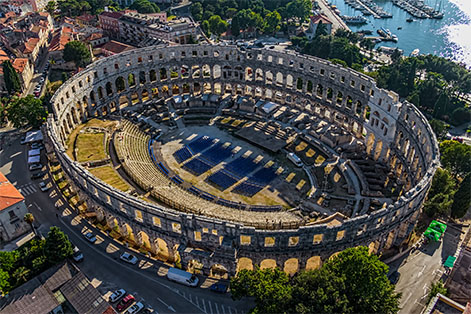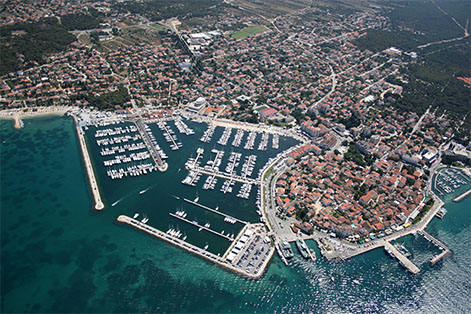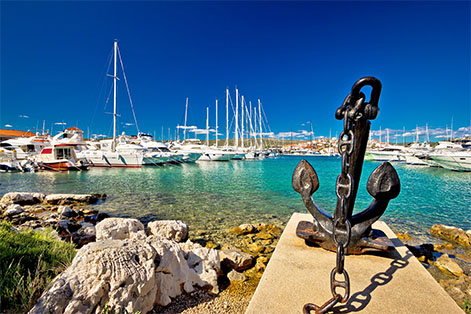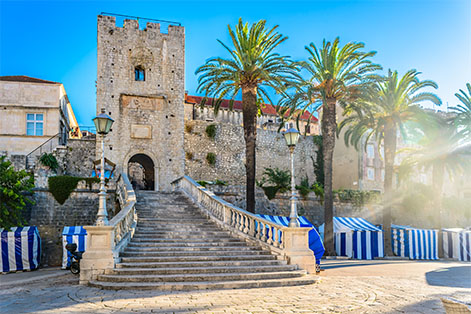Croatia - basic information

Geographical position: Croatia extends from the furthest eastern part of the Alps in the north-west to the Pannonian lowland and the banks of the Danube in the east; its central part is covered with the Dinara mountain range, and its southern part includes the Adriatic coast.
Surface: The mainland covers 56,594 km2, and the surface of the territorial sea amounts to 31,067 km2.
Population: 4,187,994 inhabitants; the majority of the population are Croats; national minorities include Serbs, Bosniaks, Italians, Germans, Czechs, Hungarians, Slovenes and others.
Government system: Croatia is a unitary democratic parliamentary republic.
Official language and script: Croatian language and Latin script.
Time zone: Croatia belongs to the GMT +1 time zone. The zone changes to GMT +2 the last Saturday in March until the last Sunday in October.
Religion: The majority of population are Catholics, then Orthodox Christians, Muslems and members of Protestant churches.
Capital: Zagreb (792,875 inhabitants) - the economic, transport, cultural and academic centre of the country.
Coastline: 5,835 km, out of which 4,058 km comprise a coastline of islands, solitary rocks and reefs.
Number of islands, rocks and reefs: 1,244; the biggest islands are Krk and Cres; 50 islands are inhabited.
Highest peak: Dinara: 1,831 m above sea level.
Climate: There are two climate zones in Croatia; a mild continental, partly mountainous climate prevails in the inland, whereas a pleasant Mediterranean climate prevails along the Adriatic coast, with a large number of sunny days - summers are dry and hot while winters are mild and moist. The average temperature in the inland ranges from 0 to 2°C in January and from 19 to 23°C in August; while the average temperature along the coastline ranges from 6 to 11°C in January and from 21 to 27 °C in August; the sea temperature amounts to about 12°C in winter and 25°C in summer.
Currency: Kuna (HRK). Foreign currency can be exchanged in banks, exchange offices, post offices, travel agencies, hotels and camps. The working hours of the majority of banks are from 8am till 7pm on week-days, and till 1pm on Saturdays.
Credit cards: Most hotels, restaurants, supermarkets and shops accept credit cards (American Express, Diners Club, Eurocard/Mastercard, Visa).





